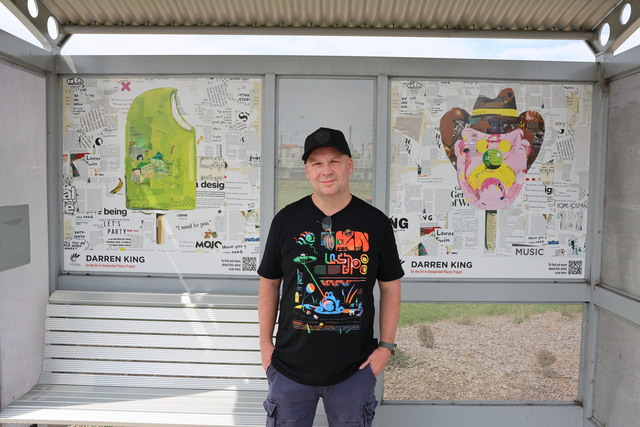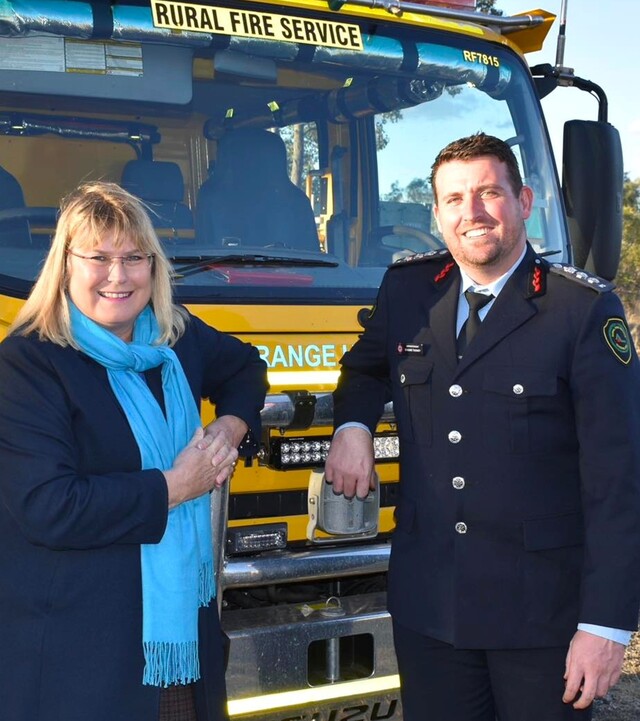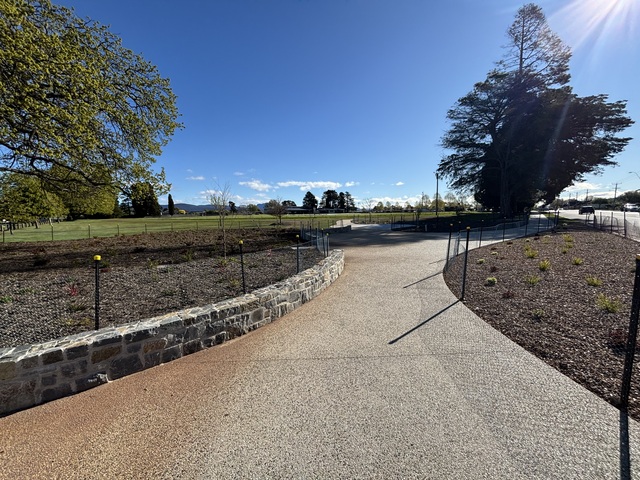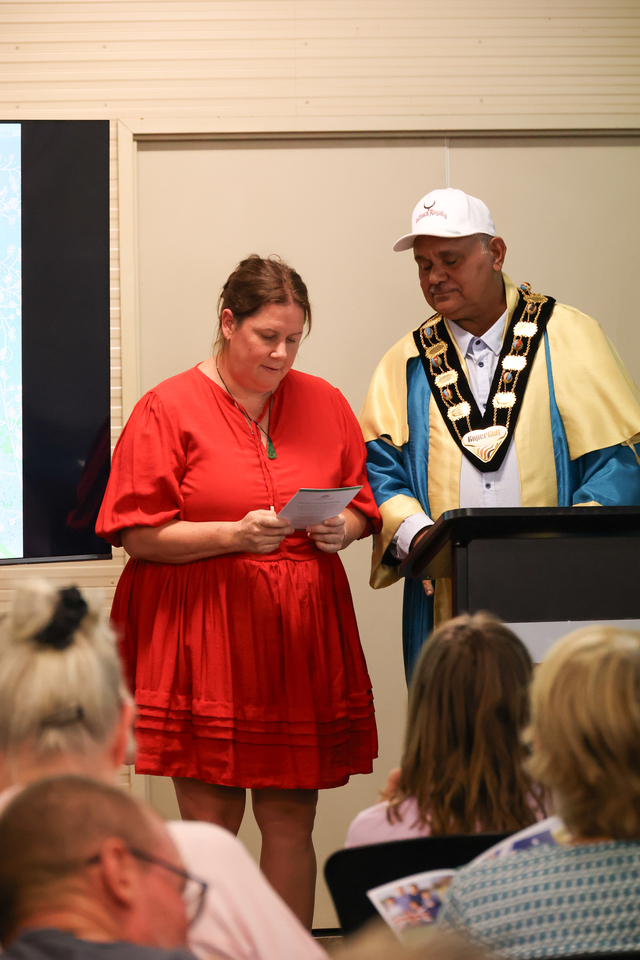Wingecarribee Shire Council is in the process of undertaking a range of tests and procedures in order to maintain and improve its extensive network of underground water and sewerage pipes.
Included in the testing schedule are a number of practices – some well known and some relatively new to the local water and sewerage industry – that this Council has been keen to embrace.
Water main flushing and smoke testing are two of the more common practices that Wingecarribee Shire Council uses in the maintenance of its water and sewerage network.
However the third, called ‘ice-pigging’, has attracted the most attention from the residents of this Southern Highlands Council.
All three tests are undertaken in combination by Council’s Water and Sewer team as part of ongoing maintenance of the reticulation system and are designed to help identify any faults in the water and sewerage system such as cracks, leaks and even illegal connections.
As the name implies, water main flushing involves ‘flushing’ out a water pipe via a water hydrant.
Council regularly carries out a proactive program of water main flushing across the entire Wingecarribee Shire to help remove minute particles of dirt, iron and manganese that inevitably build up in all water main systems.
Smoke-testing is performed by pumping an odourless smoke into the sewerage system to help detect any faults, ill-fitting or illegal connections.
The final procedure Wingecarribee Shire Council undertakes in the maintenance of its underground infrastructure is also the most innovative. Ice pigging involves pumping an ice slurry, or ‘ice pig’, through water pipes to remove any built up debris.
Ice-pigging is an efficient, cost-effective and environmentally friendly way to clean the Council’s network of water pipes. Although pumpable like a liquid, ice-pigging takes on the properties of a solid when a ‘pig’ of ice slurry is formed within the pipe.
This semi-solid slurry is therefore much more effective at scouring and cleaning the walls of pipes of varying diameters and it uses approximately half the volume of water of traditional pipe cleaning methods.
Combining old and new techniques are just some of the tools this Southern Highland’s Council uses in its day-to-day operations to maintain its infrastructure.







